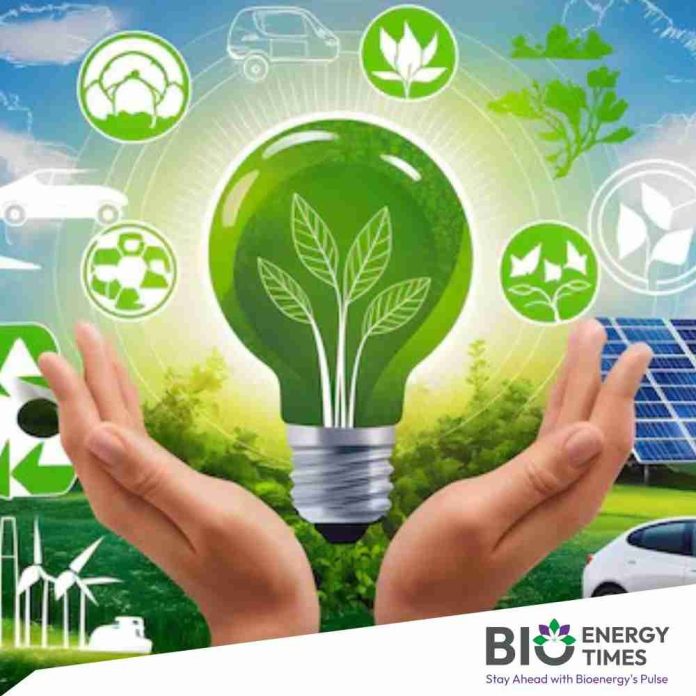SJVN Ltd has awarded its significant 1.2 gigawatt (GW) solar power project, bundled with energy storage, to six developers, the company announced. The winners include Reliance NU Energies (promoted by Anil Ambani), Sembcorp Industries Ltd, Jindal India Renewable Energy, JBM Group, SAEL Ltd, and Fastnote Biofuels (part of Hindustan Power), reports Saur Energy.
The tender for this ambitious project was initially issued by SJVN eight months ago, in August 2024, and attracted considerable interest with 18 bidders vying for the opportunity.
Fastnote Biofuels secured 100 megawatts (MW) of the project capacity with the lowest bid price of ₹3.30 per kilowatt-hour (kWh). Reliance Nu Energies emerged with the largest share, winning 600 MW with a bid of ₹3.33/kWh. Jindal India Renewable Energy (300 MW), JBM Group (150 MW), Sembcorp Green Infra (150 MW), and SAEL Ltd (150 MW) were each awarded 150 MW at a price of ₹3.32 per unit.
The awarded projects are integrated with a substantial 600 MW / 2,400 megawatt-hour (MWh) energy storage system (ESS). The developers are tasked with establishing Interstate Transmission System (ISTS)-connected solar photovoltaic (PV) projects on a Build, Own, Operate (BOO) basis.
The latest tariffs represent a notable 6% decrease from the previous record low of ₹3.52/kWh for a similar solar-plus-storage project with a four-hour Battery Energy Storage System (BESS), which was recorded in September 2023. The tender specifies a Capacity Utilization Factor (CUF) of 30%. This CUF is achieved without the inclusion of wind energy components, which could have potentially increased the CUF but also likely led to higher bid prices.
The successful bidders will enter into a 25-year Power Purchase Agreement (PPA) based on the BOO model. The agreement mandates an ESS capacity of 0.5 MW / 2 MWh for every 1 MW of solar capacity to ensure 100% power availability. Additionally, the project developers are permitted to source a maximum of 5% of their annual energy from green power markets or through bilateral agreements. The awarded prices are largely in line with expectations, considering the stability observed in solar power prices and the decrease in BESS costs since the previous tender in September 2023. With project execution anticipated by 2027, these projects are expected to come online at a crucial time for India’s power grid. By then, the combined share of renewable energy sources, particularly solar and wind, is projected to be over 50% higher than current levels, based on the present rate of capacity additions.















